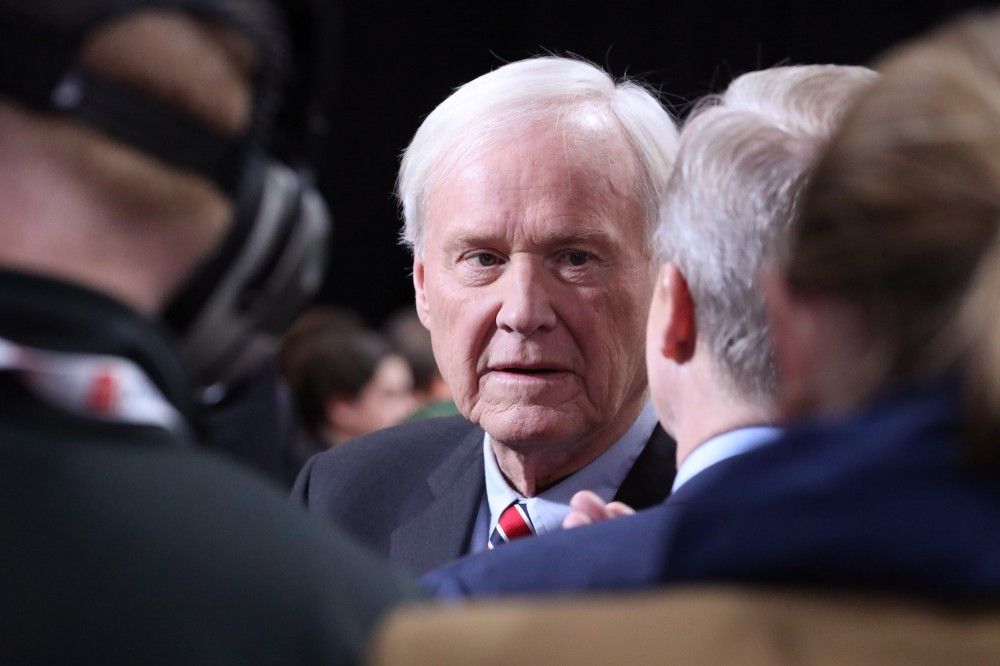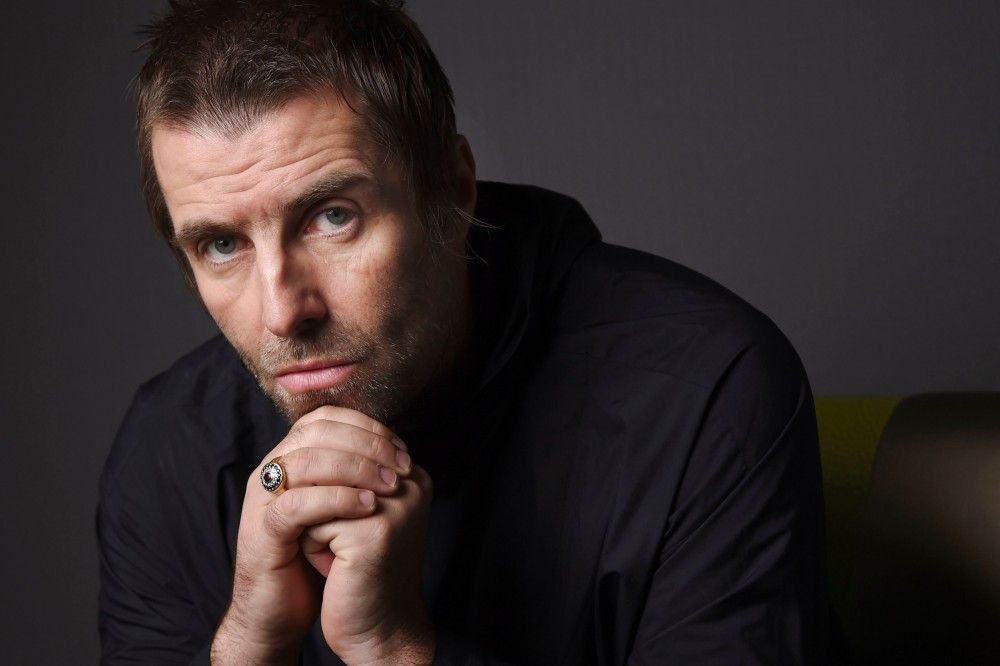
Blowback Hits MSNBC After Chris Matthews Compares Sanders' Win to Nazis Conquering France
MSNBC host is taking heat for comparing Bernie Sanders’ win in Nevada on Saturday to the 1940 Nazi invasion of France.
After being asked about his take on Sanders’ win, Matthews said, “I was reading last night about the fall of France in the summer of 1940. And the general, Reynaud, calls up Churchill and says, ‘It’s over.’ And Churchill says, ‘How can that be? You’ve got the greatest army in Europe. How can it be over?’ He said, ‘It’s over.’”
— PoliticsVideo23 (@politicsvideo23) February 23, 2020
Sanders’ communications director, Mike Casca, took to Twitter to express his dismay with Matthews’ comments, writing, “I] never thought part of my job would be pleading with a national news network to stop likening the campaign of a Jewish presidential candidate whose family was wiped out by the Nazis to the Third Reich… but here we are.”
Author and Time magazine editor at large was a guest on MSNBC Sunday morning and went after Matthews, while also taking others from the network to task about how Sanders’ success is being analyzed and who is doing the analysis.
“This is a moment for curiosity in America,” Giridharadas said. “I think about this network, which I love, which you love. And I think we have to look within also. Why is a lobbyist for Uber and Mark Zuckerberg on the air many nights explaining a political revolution to us? Why is Chris Matthews on this air talking about the victory , who had kin murdered in the Holocaust, analogizing it to the Nazi conquest of France?”
— PoliticsVideo23 (@politicsvideo23) February 23, 2020
Matthews was also criticized earlier this month after he voiced fears of a Sanders presidency and talked about socialist-led “executions in Central Park.”
Some called for the host to resign over his latest remarks while others, like Sanders supporter and congresswoman Alexandria Ocasio-Cortez, advised people to “listen to what Anand is saying.” She added, “Mass movements are beginning to transform our political landscape in a way we haven’t seen in a long time. This kind of politics is an important shift away from saviorism. It’s not about ‘the one’ — it’s about the many.”



